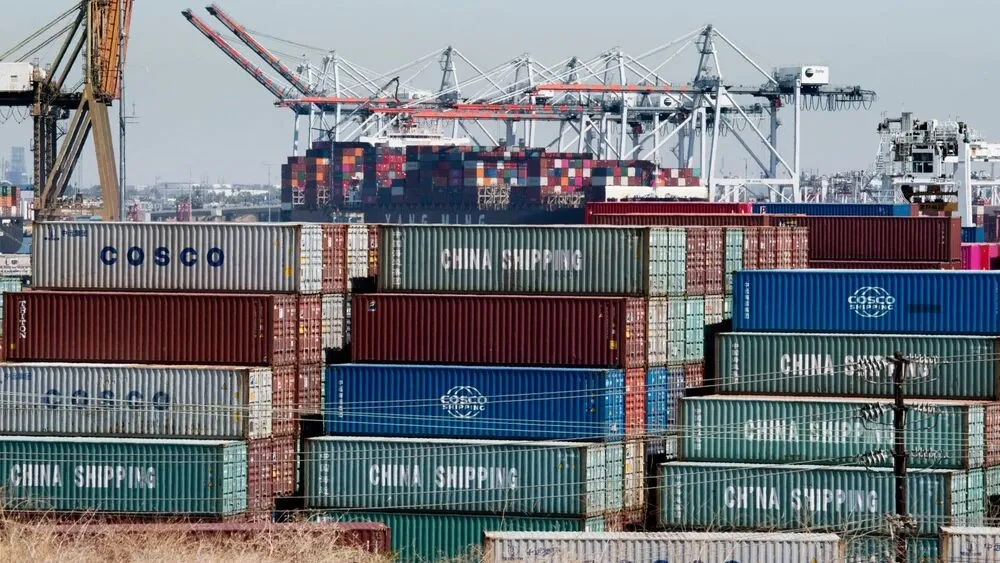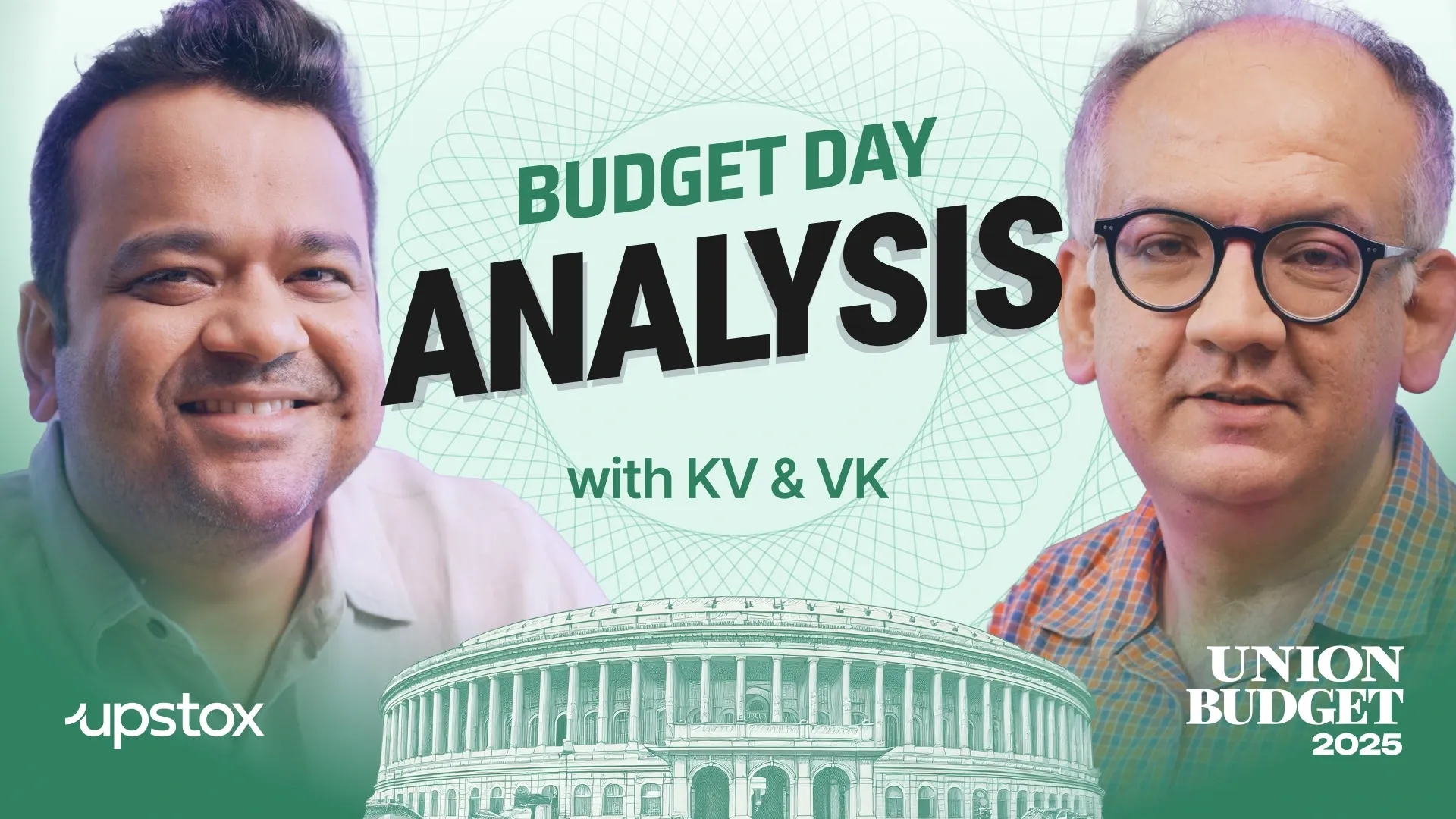Business News
India has to brace up in future to deal with non-tariff, potential duty measures: Official

2 min read | Updated on December 18, 2024, 13:07 IST
SUMMARY
Speaking at CII's export competitiveness conclave, Director General of Foreign Trade (DGFT) Santosh Kumar Sarangi said that India must prepare to address non-tariff and duty-related barriers like the EU carbon tax and US policies such as the Inflation Reduction and CHIPS Acts, which could violate WTO commitments.

Trade deficit, the difference between imports and exports, during April-November widened to USD 202.42 billion from USD 170.98 billion during April-November 2023.
India will have to prepare itself in future to deal with issues like non-tariff and unilateral duty-related barriers like the EU carbon tax, a senior government official said on Wednesday.
Director General of Foreign Trade (DGFT) Santosh Kumar Sarangi said that countries like the US and the European Union (EU) are trying to boost their domestic manufacturing through such measures.
"So the US has been trying to boost its domestic manufacturing through the Inflation Reduction Act and CHIPS Act, the EU is trying to do it through CBAM (Carbon Border Adjustment Mechanism)...deforestation regulation is another mechanism of putting non-tariff barriers on goods coming from developing economies.
"So both the combination of non-tariff measures as well as potential tariff measures in clear violation of WTO (World Trade Organisation) commitments is something which India has to brace up in future to deal with," Sarangi said.
He was speaking at CII's export competitiveness conclave.
The DGFT said that it will be "very" difficult to decipher from one or two sentences which Trump is making.
"But what I have understood from what he was saying is that his main intent is that reciprocity will matter in future, he said.
He noted that such measures would be a violation of WTO norms but the last Trump administration has imposed high duties on certain products on the grounds of national security.
"So one will have to wait and watch and see. There are many areas where we have tariff peaks but we don't necessarily export to the US," Sarangi said.
For example in agriculture, India has high duties but it does not export necessarily to the US market.
"So if the US will impose duties on that, it will not harm us in a major way but there would be a few items where this reciprocal thing might impact us," he said adding one has to wait for the fine print before guessing an impact.
About The Author
Next Story

